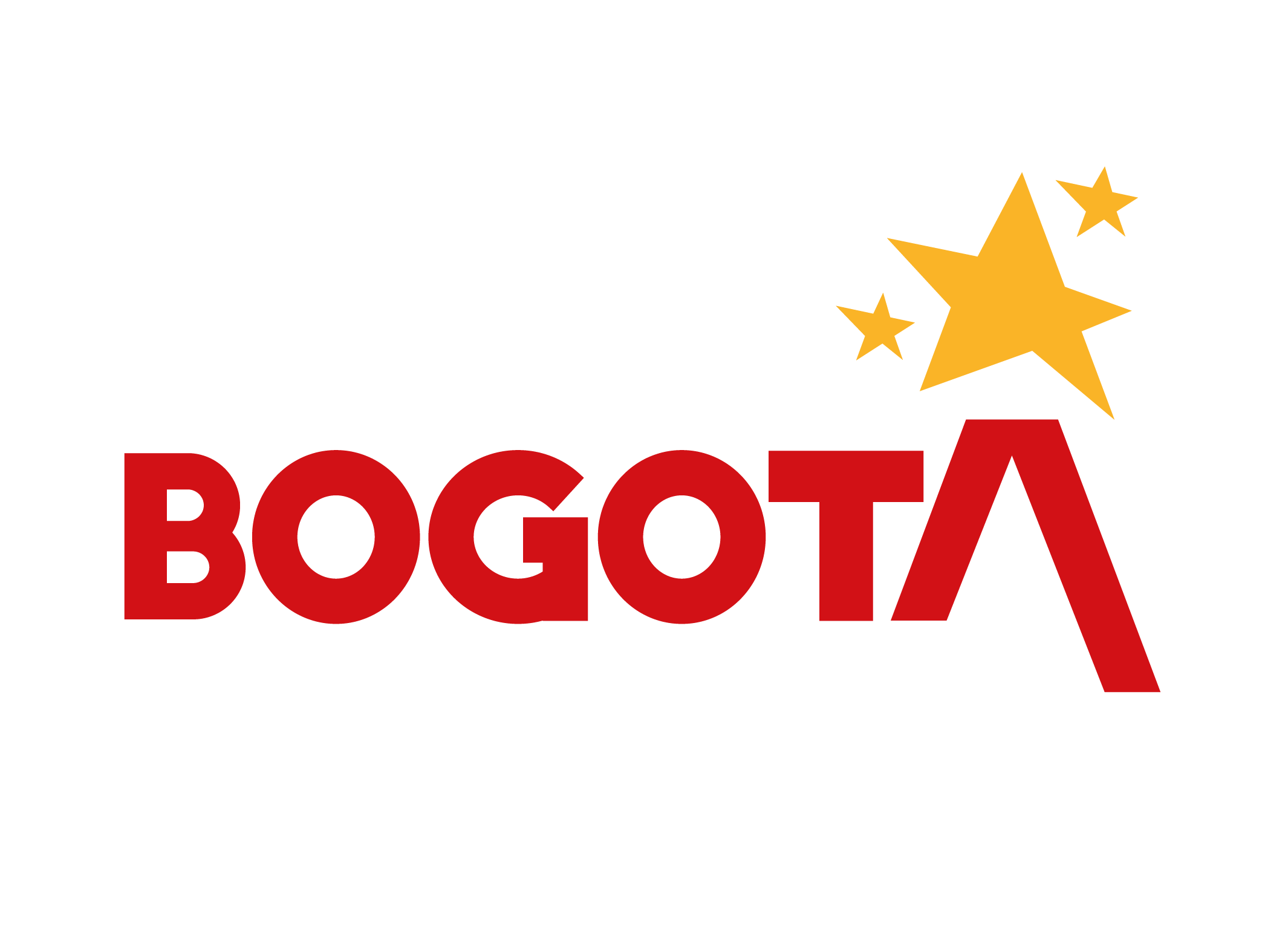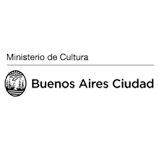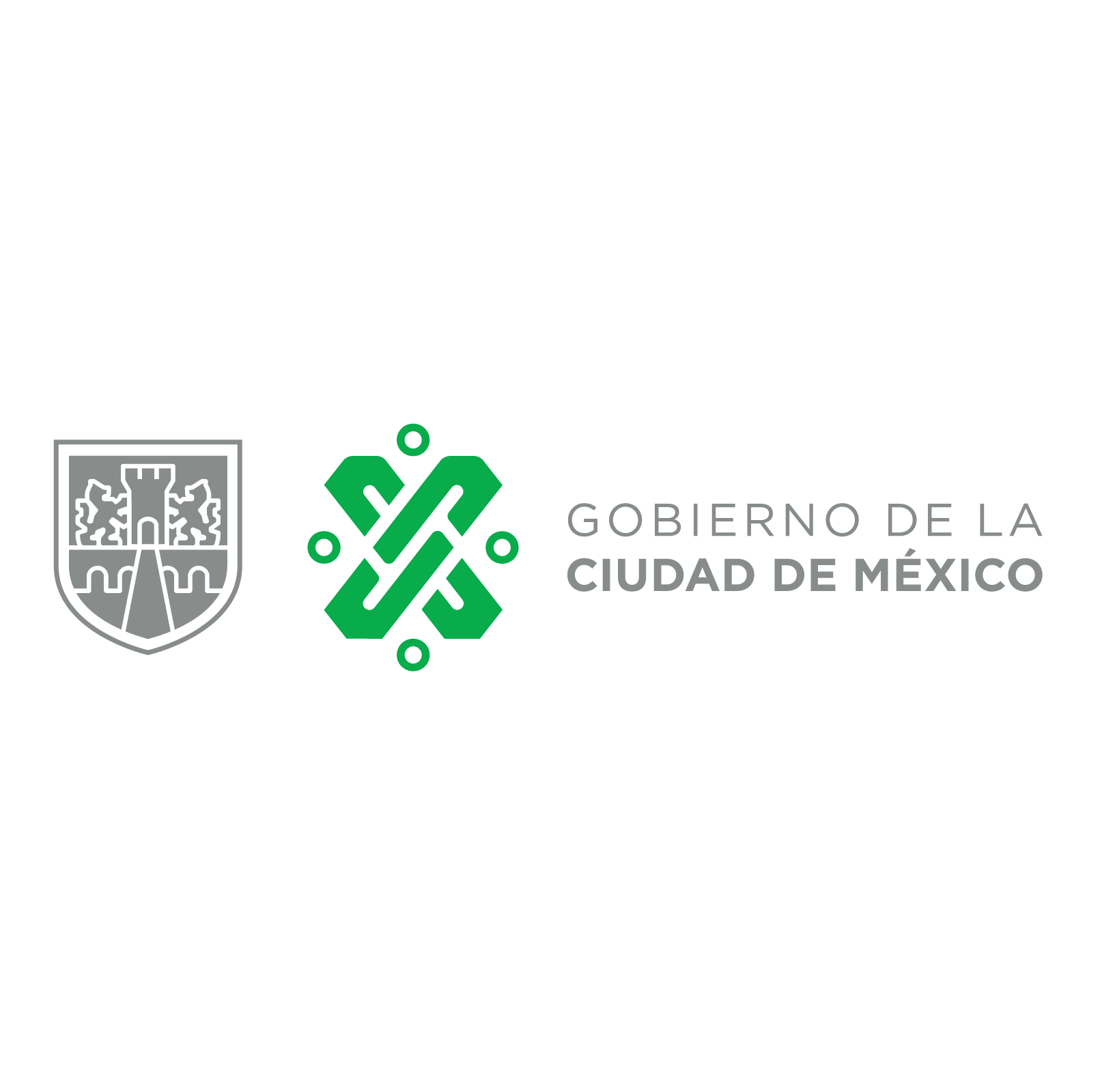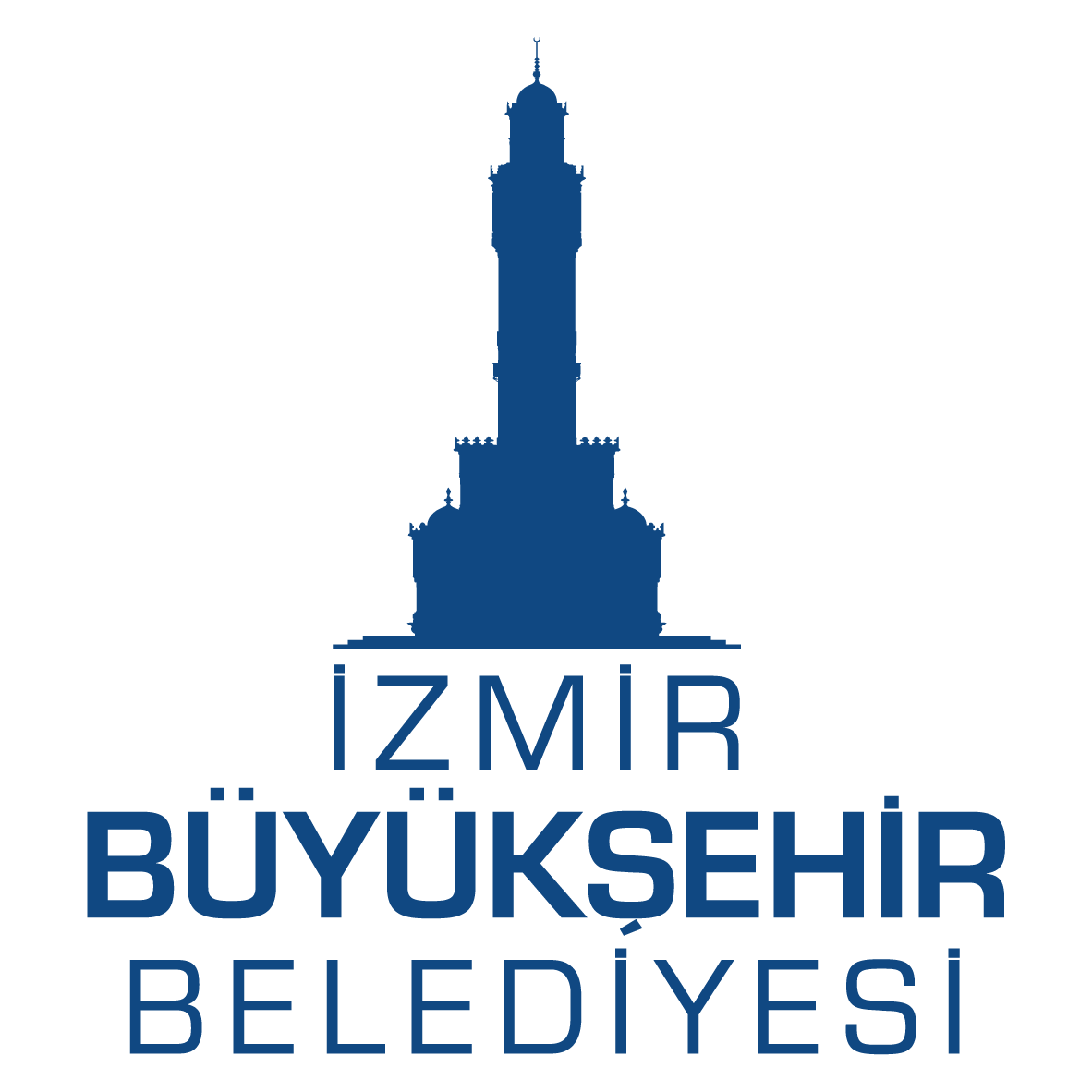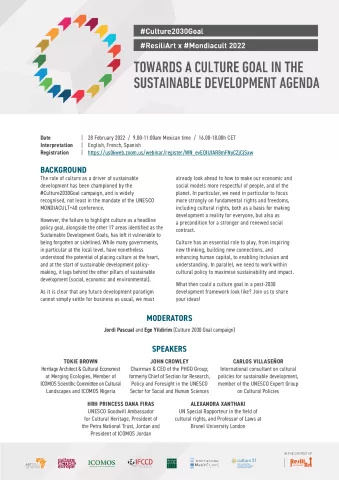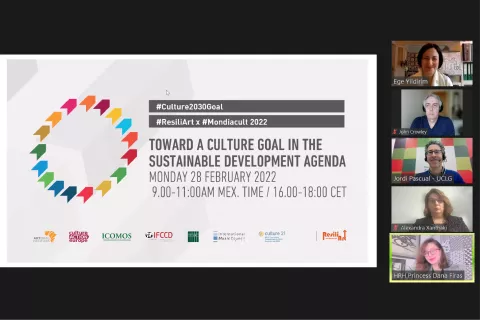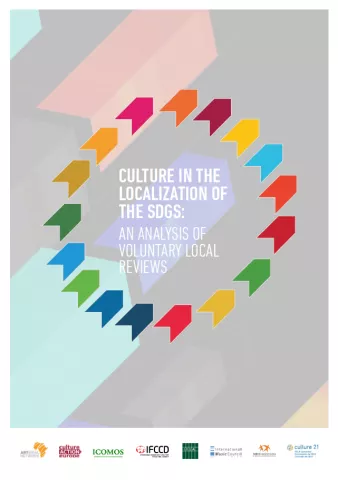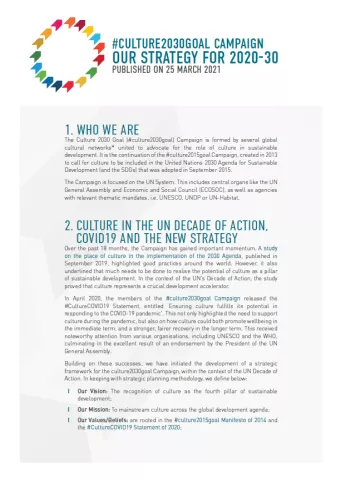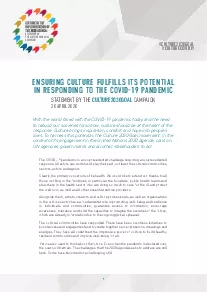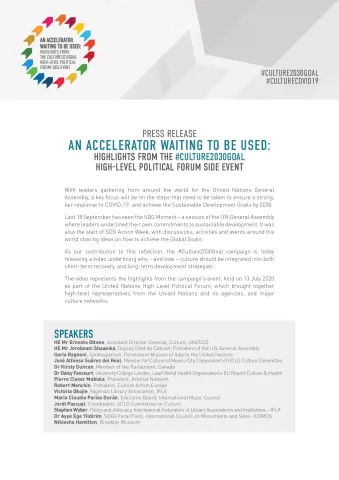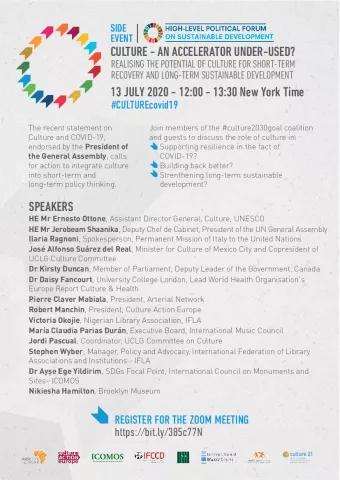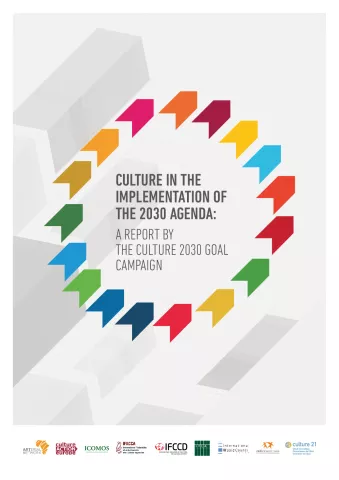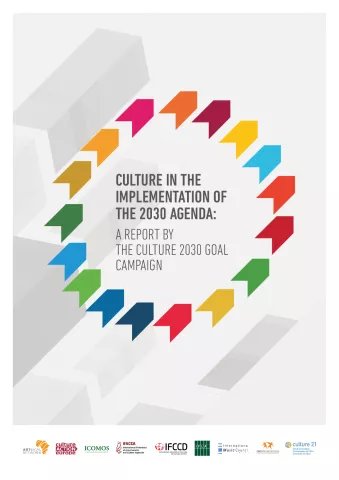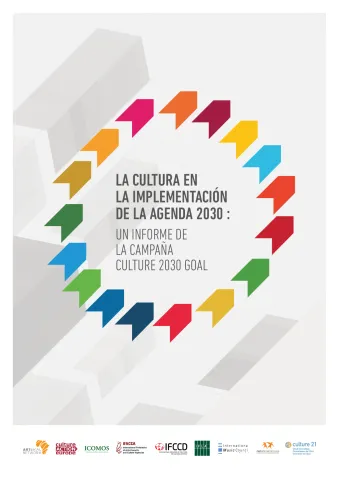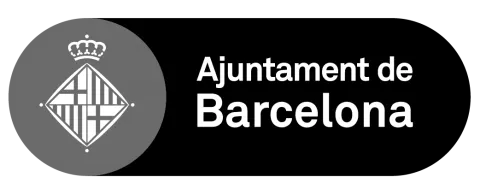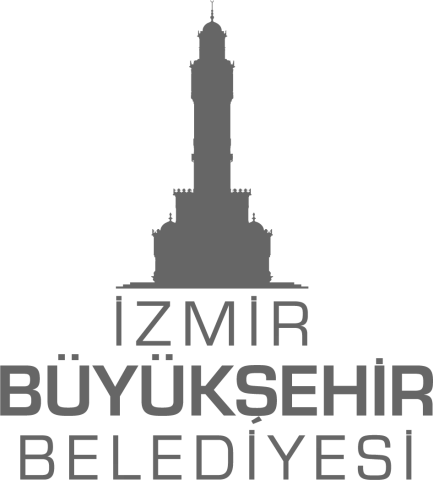#Culture2030Goal webinar
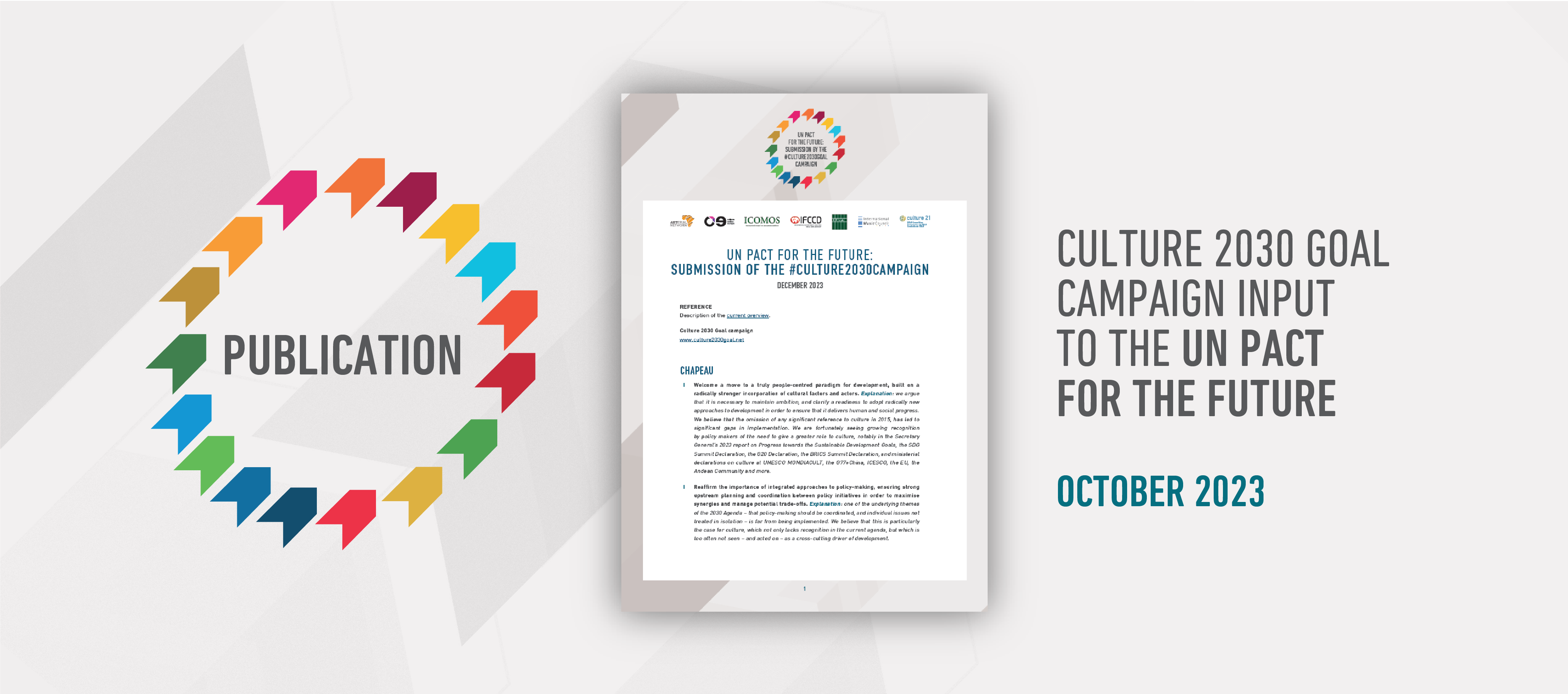
On 23 January 2024, from 12.00-15.00 GMT, the #Culture2030Goal campaign organised the webinar "Looking Ahead Culture in Sustainable Development in 2024 and Beyond" with the aim of sharing the background and the achievements of the campaign, and opening a conversation with key partners and all global cultural networks.
The workshop gathered key partners to think together about the next steps, including the UN Summit of the Future (September 2024), the road towards a "Culture Goal" as well as the ongoing efforts to include "culture in delivering across the SDGs".
Participants received important updates on the place of culture in sustainable development and global development agendas, and had the opportunity to share their views and shape the upcoming work, hear from others about this key dimension of sustainable development.
Watch the session again here.
Input to the UN Pact for the Future

Read the contribution of the #Culture2030Goal campaign to the draft of the UN Pact for the Future.
Growing Government Recognition of the Role of Culture in Development
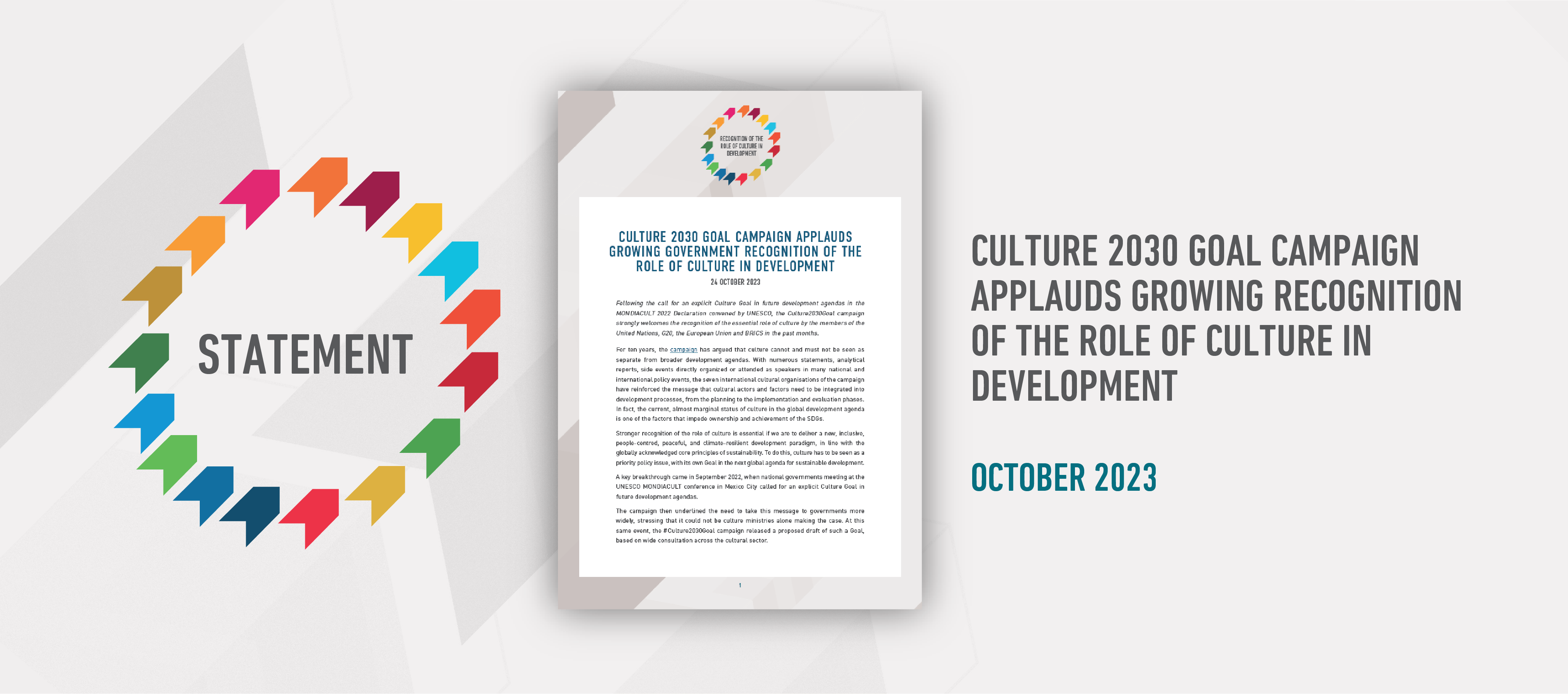
Following the call for an explicit Culture Goal in future development agendas in the Mondiacult 2022 Declaration convened by UNESCO, the #Culture2030Goal campaign strongly welcomes the recognition of the essential role of culture by the members of the United Nations, G20, the European Union and BRICS in the past months. Read the full Statement.
Culture in the 2023 Voluntary National Reviews
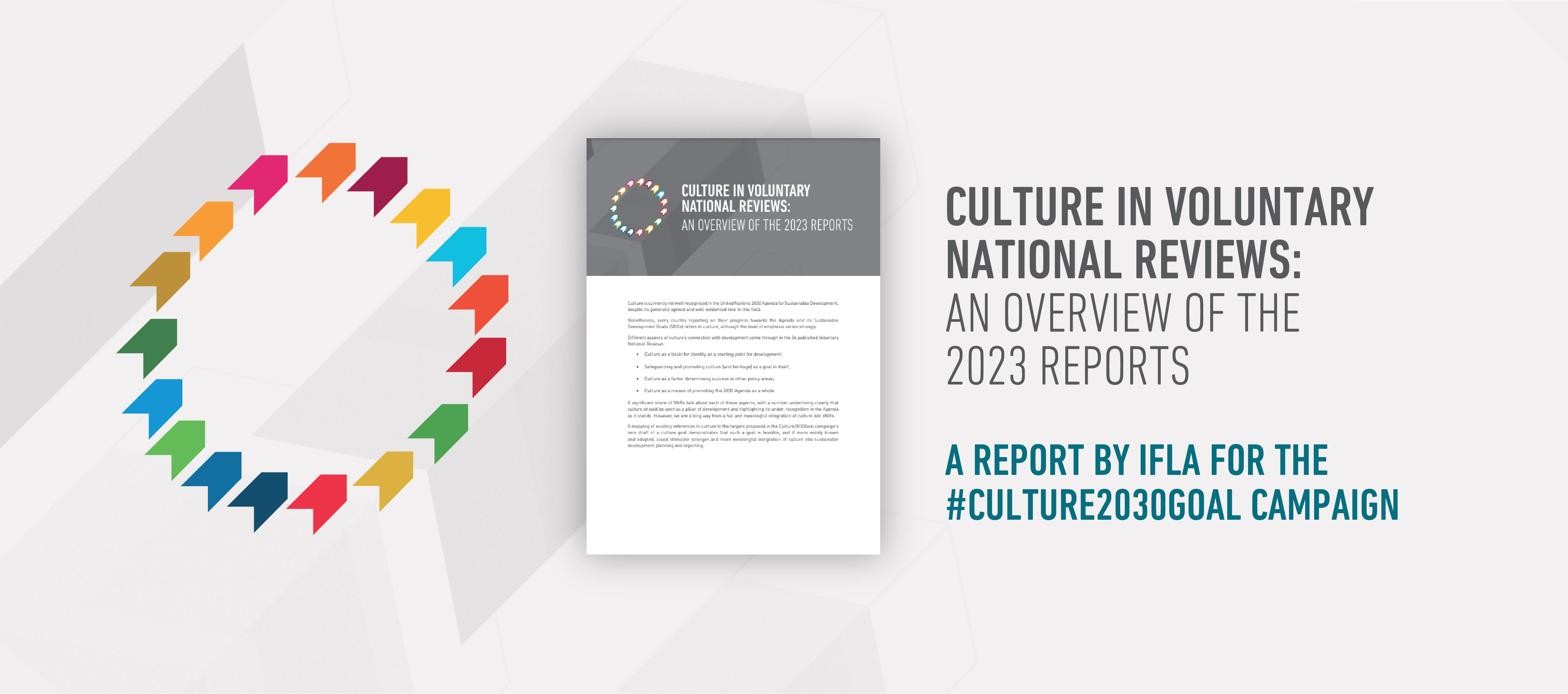
In 2023, the #Culture2030Goal campaign released a piece on "Culture in the Voluntary National Reports: an Overview of the 2023 Reports" coordinated by IFLA and which highlights some of the different ways in which culture is addressed in these Reviews, celebrates good practices and indicates areas for further focus.
Delivering A Culture Goal for Global Agendas
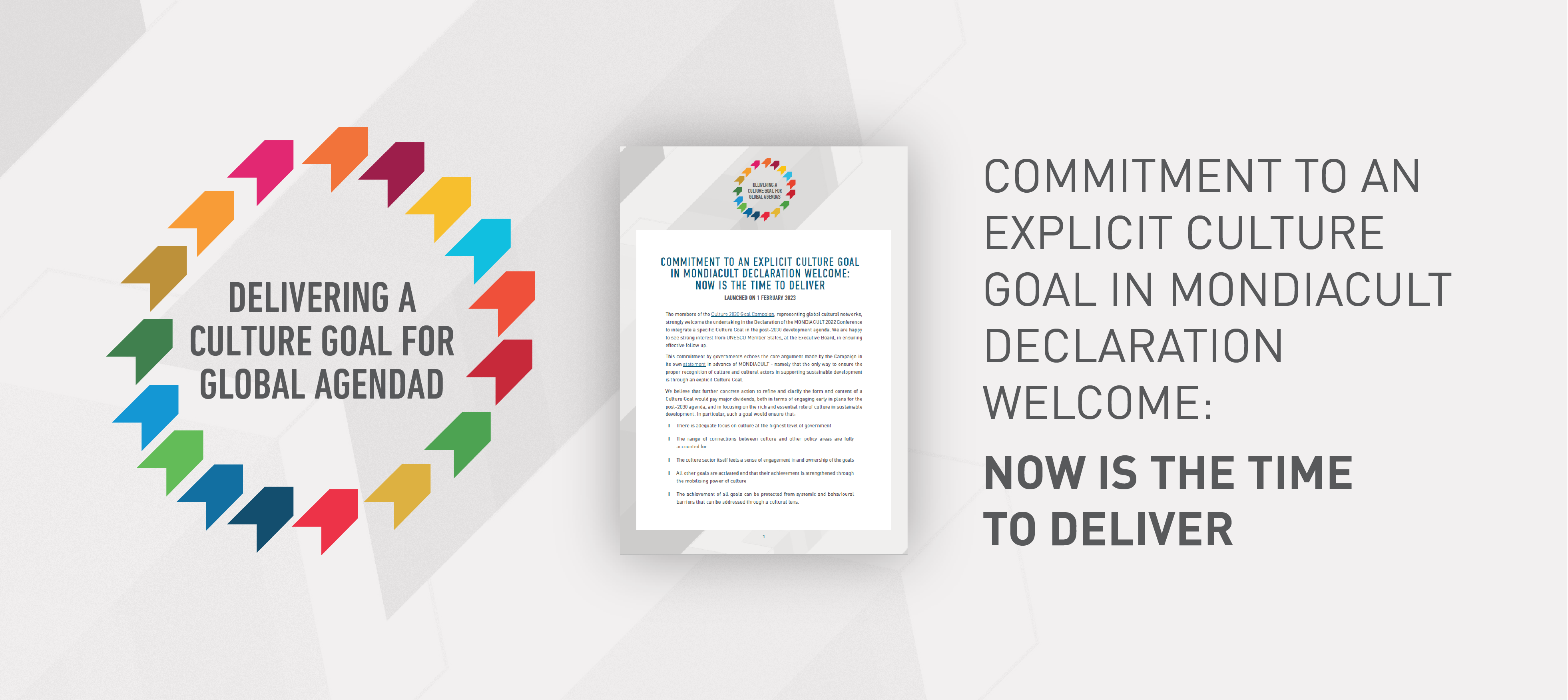
Following up the inclusion of the need for a Culture Goal to be included in global agendas for sustainable development in UNESCO's Mondiacult 2022 Conference final Declaration, the #culture2030goal campaign has recently released a Statement asking for transformative action towards concrete implementation.
#culture2030goal #Mondiacult2022: Proposing a Culture Goal
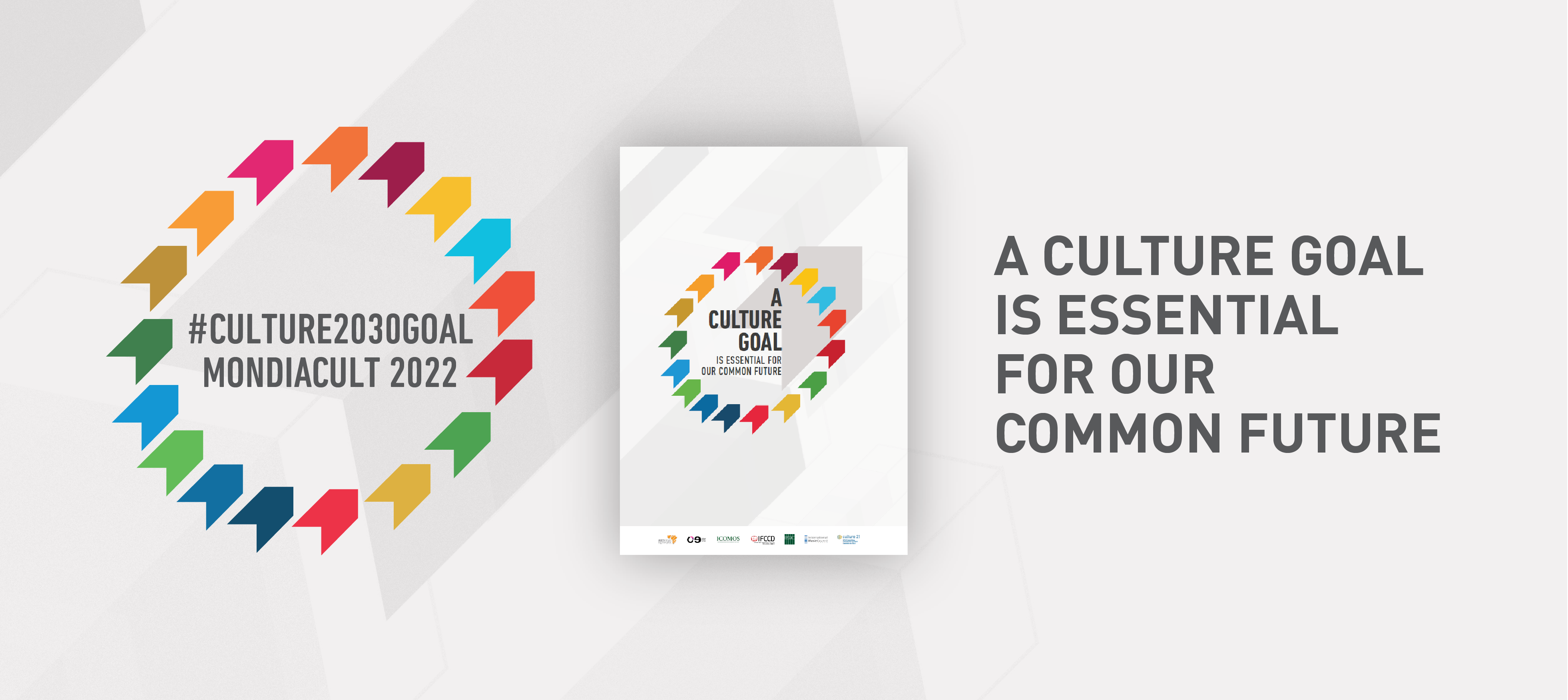
In the context of UNESCO's #Mondiacult2022 Conference on Cultural Rights, the #culture2030goal campaign organised various sessions and presented a proposal for a dedicated Goal on Culture in the post-2030 sustainable development frameworks
Campaign side event #culture2030goal campaign at #HLPF 2022
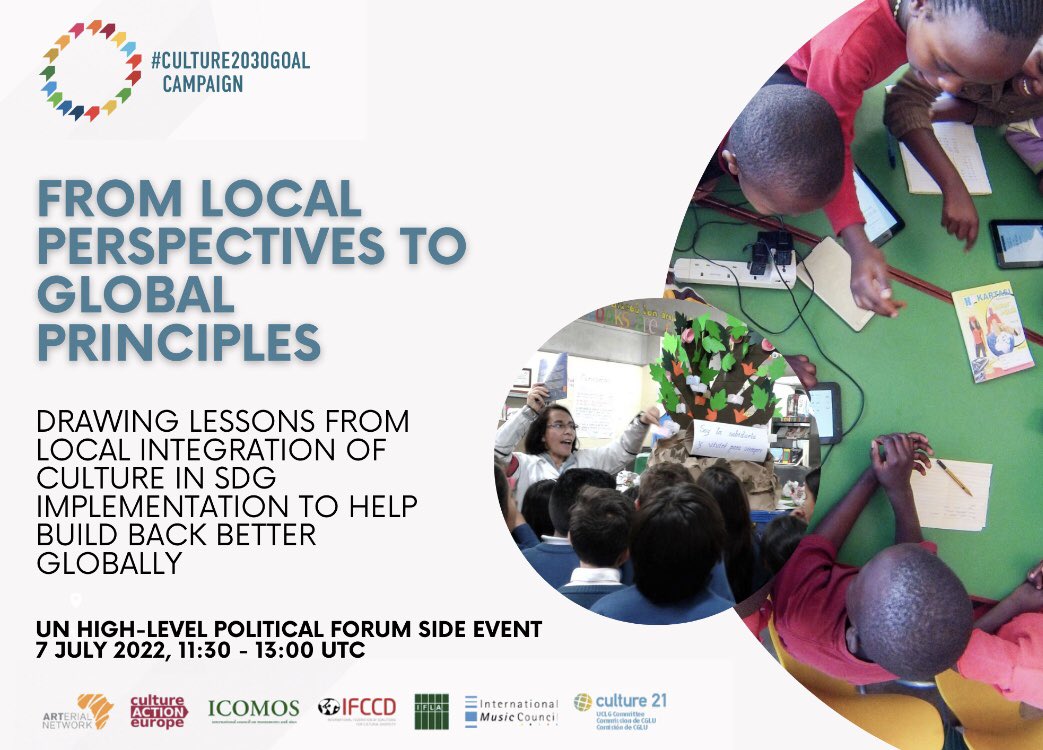
In the context of the annual High Level Political Forum (HLPF) 2022, the #culture2030goal campaign organised a side event entitled "From local practices to global principles. Learning from local integration of culture in SDG implementation to build back better globally", highlighting how cultural actors, institutions and issues are being integrated into local development strategies, and the lessons this offers for efforts to achieve sustainable development towards 2030 and beyond.
The recording of the session is available on Youtube in English and a detailed article on the session is available here.
Event #ResiliArt x #Mondiacult2022 of the campaign #culture2030goal
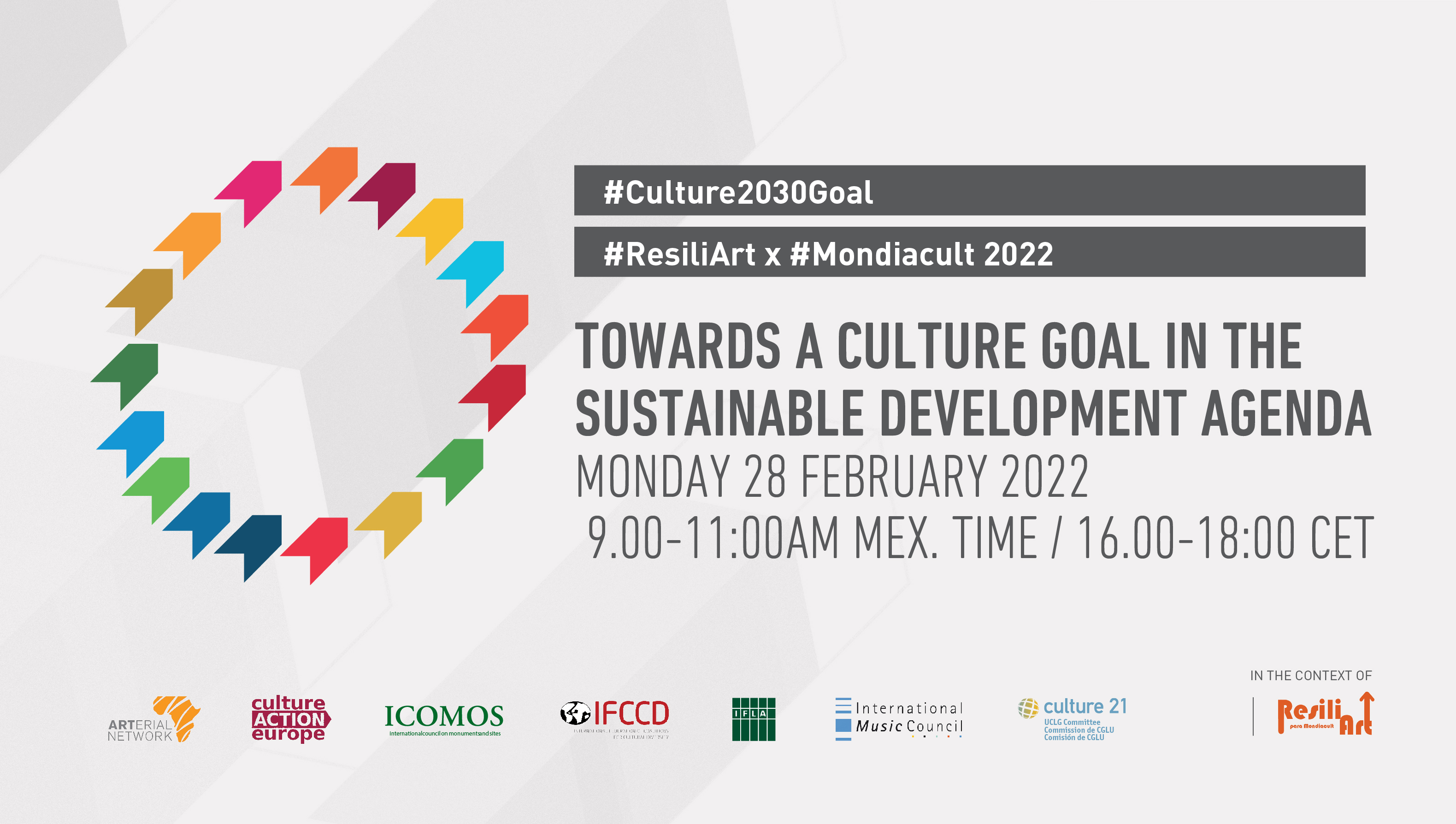
The potential of culture to drive sustainable development is too often untapped. In a world where resilience, creativity, cohesion and a rights-based, people-centred approach are more essential than ever, we cannot afford to neglect culture in our efforts to respond to global challenges and build a better world. How can we ensure that culture is higher on the agenda and thus bring about the necessary paradigm shift?
Entitled ‘Towards a Culture Goal in the Sustainable Development Agenda’, the Mondiacult x ResiliArt event of the #culture2030goal campaign will explore how to do this, and the potential of a more explicit prioritisation of culture to make a difference. In doing so, it will also offer insights into how we can do better today, both in designing cultural policies that support sustainable development, and in designing sustainable development policies that fully integrate culture.
Find the concept note as well as the recording of the session below:
Report on Culture in the VLRs
In 2021, the #Culture2030goal campaign elaborated a new report on 'Culture in the Localization of the SDGs: An Analysis of the Voluntary Local Reviews (VLRs)'.
The main findings of the analysis show that there is great diversity of how local and regional governments (LRGs) address culture in their sustainable development policies and reporting. A good majority of VLRs have included the cultural dimension in their implementation of the 2030 Agenda, through substantive narratives. Cultural topics can be found at any level, as part of high-level policy frameworks and as practical examples of implementation, as separate sectoral headings, where LRGs have dedicated ‘cultural plans’, or supporting aspects of other policy headings, diffused throughout different Goals and Targets.
The report is available here in English
A renewed vision
In April 2021 the campaign approved its strategic framework within the context of the UN Decade of Action. In this, we define:
- Our Vision: The recognition of culture as the fourth pillar of sustainable development;
- Our Mission: To mainstream culture across the global development agenda;
- Our Values/Beliefs: are rooted in the #culture2015goal Manifesto of 2014 and the #CultureCOVID19 Statement of 2020;
- Our Goals include:
- A stronger place for culture throughout the implementation of the current global development agenda (the UN 2030 Agenda),
- The adoption of culture as a distinct goal in the post-2030 development agenda,
- The adoption of a global agenda for culture.
Read the strategy of the #Culture2030goal campaign here.
Culture2030goal statement on ‘Culture and the COVID-19 pandemic’.
#CULTUREcovid19 #Culture2030goal
On 20 April 2020, the UCLG Committee on culture together with the partners of the #Culture2030goal campaign have published a Declaration on the Culture pandemic of COVID-19. Signed by eight international cultural networks, the statement was developed in the framework of our commitment to the 2030 Agenda, as well as our commitment to ensure that culture is placed at the heart of the UN Decade of Action for the realization of the SDGs.
Entitled “Ensuring that culture is integral to the response to the COVID-19 pandemic”, the statement is prefaced as follows:
"The world faces the COVID-19 pandemic today and will need to address the need to rebuild our societies tomorrow, in a process that must include culture at the heart of the response. Culture is a source of inspiration, comfort and hope in people's lives. To harness this potential, the Culture2030Goal campaign, in the context of its commitment to the UN 2030 Agenda, calls on UN agencies, governments and all other stakeholders to act."
The President of the UN General Assembly, H.E. Mr Tijjani Muhammad-Bande supports this Declaration. See the press release.
Official launch of the Declaration
The official launch of the Declaration took place on 21 May 2020, on the occasion of World Day for Cultural Diversity for Dialogue and Development. This date illustrates the commitment of the campaign towards the implementation of development goals, and in particular of the 2030 Agenda. In this context, the organisations behind the Declaration stress the need to ensure that culture is at the heart of the UN Decade of Action for Sustainable Development Goals.
See the concept note of the launch.
Presentation at the HLPF 2020.
Also, a parallel session entitled "Culture - An underutilised Accelerator ? Realising the Potential of Culture for Sustainable Development in the short and long term" was organised by the coalition at in the framework of the High Level Political Forum (HLPF 2020) on 13 July at 2020.
See the video, press release and flyer for more information:
Report “Culture in the Implementation
of the 2030 Agenda”
The Cultural Dimension of Sustainable Development is essential for the achievement of 2030 Agenda and the Sustainable Development Goals
Building on the commitments of #culture2015goal, the members of this campaign have taken the occasion of the UN SDGs Summit that takes place in New York on 24-25 September 2019, as a perfect opportunity to re-energise the campaign, now updated as #culture2030goal, with the publication of the report entitled: “Culture in the Implementation of the 2030 Agenda” and send key messages on the role that culture is playing (and should play) in the implementation of the SDGs.
The report takes stock of the first four years of the Sustainable Development Goals and the 2030 Agenda, from the perspective of culture. It focuses on the Voluntary National Reviews (VNRs) submitted by State Parties to the UN for the HLPFs in 2016, 2017, 2018 and 2019. The report also explains the parallel developments of policy in the global conversation on culture in development, including the initiatives and actions undertaken by the networks of #culture2030goal themselves, UNESCO, the UN Special Rapporteur in the field of cultural rights, and other international organizations. The report also includes an analysis of the Voluntary Local Reports (VLRs, submitted by cities and local governments).
The report provides key recommendations for all parties involved in the Implementation Decade (2020-2030) of the SDGs: (a) culture to be from the outset in national development planning frameworks for implementing the SDGs, as well as in their reporting through the VNR process, (b) the need for wider consultation and participatory exercises in the elaboration of VNRs, (c) the need to develop a wider international community around culture and sustainable development, (d) the organisation of a High-Level Meeting devoted to Culture within the next HLPF cycle of reporting (2020-2023), (e) the design and implementation of quantitative and qualitative indicators reflecting the place of culture in sustainable development, (f) the importance of cultural contexts in the local implementation of the SDGs and the crucial role played by local cultural actors, institutions and organisations, (f) the need for cultural sectors to strengthen their own efforts towards the implementation of the SDGs, and (g) the commitment to developing partnerships at all levels to strengthen the integration of the cultural dimension in the SDGs.
What can you do?
- Familiarize yourself with the relation “Culture and the SDG”, and in particular with the arguments that we write in the “Culture in the Sustainable Development Goals: A Guide for Local Action”.
- Use “Culture 21 Actions” to elaborate long-term local cultural policies.
- Advocate for the inclusion of relevant voices on “culture and development”, in the consultations for the elaboration of national and municipal plans for the implementation of the SDG.
- In the elaboration and the implementation of the SDG at a national and local level, struggle to have a culture dimension integrated in as many Goals as possible. This dimension should be explicit, resourced and operational.
- Circulate information about “Culture and the SDG” to your own networks, via email or social media, and advise us of any news about “Culture and the SDG” that we could share with others.
- Do not hesitate to provide any feedback you have on the material provided above.


